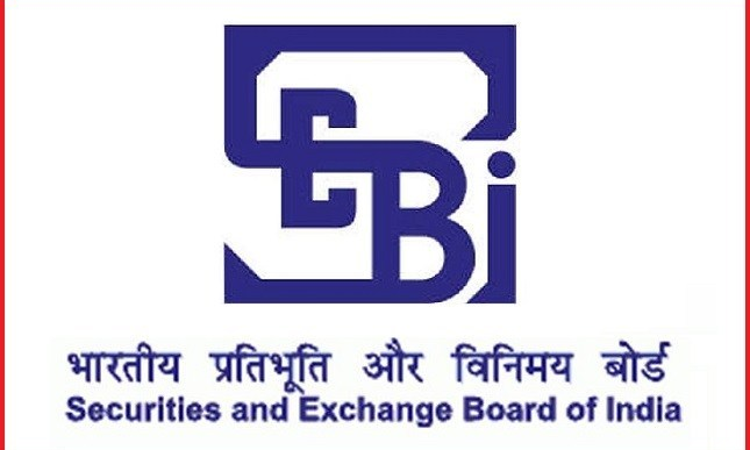While Company Has MD, Non-Executive Director Can’t Be Person In Default: SEBI
Mariya Paliwala
21 July 2023 3:00 PM IST

Next Story
21 July 2023 3:00 PM IST
The Securities and Exchange Board of India (SEBI) has held that a non-executive director is not an ‘officer who is in default’ and therefore cannot be held liable for refunds under Section 73 of the Companies Act.The bench of Ananth Narayan G. has observed that no liability could be imposed on a non-executive director in his capacity as ‘officer who is in default’ where a company had...
